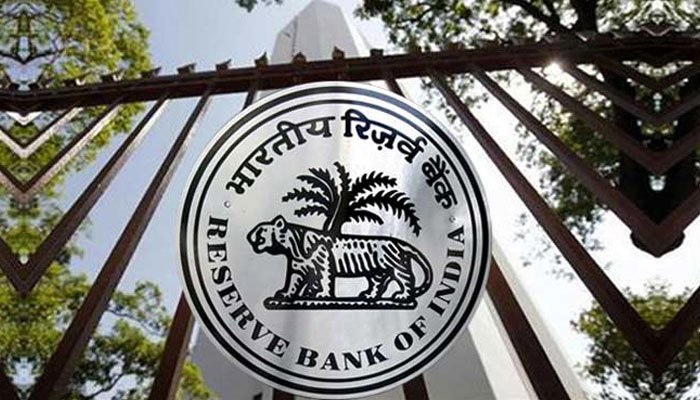By Staff Reporter
The Indian central bank, the Reserve Bank of India (RBI), has excluded cryptocurrencies from its newly announced exemption scheme for tech startups also known as “regulatory sandbox” but has said it would welcome blockchain-related applications including smart contracts.
Regulatory sandboxes usually allow startups to test their products and services in a live environment for which it may or may not suspend certain regulations for the sole purpose of testing new services and products.
In a proposal for a regulatory sandbox framework released on Thusday (April 18,2019), the Indian central bank said that applications under blockchain technologies such as smart contracts would be eligible for regulatory sandbox as would others such as artificial intelligence and machine learning, and Big Data.
The RBI said besides crypto assets and Initial Coin Offerings (ICOs), other sectors in its “negative indicative list” for the regulatory sandbox include credit registry, credit information, chain marketing and any products or services banned by the Indian government.
“The entities may not be suitable for regulatory sandbox if the proposed financial service is similar to those that are already being offered in India unless the applicants can show that either a different technology is being gainfully applied in a more efficient and effective manner,” said the RBI announcement.
In July 2016, the RBI set up a working group on fintech, which includes other Indian regulatory bodies such as the Securities and Exchange Board of India (SEBI) as well as select banks and credit rating agencies, to look into the “granular aspects of FinTech.” The group released a report on February 08, 2018 for public comments.
One of the main recommendations was that the working group introduce an appropriate regulatory sandbox for fintech.
The RBI’s suggested list of products and services for inclusion into the regulatory sandbox include retail payments, money transfer services, digital KYC, services related to financial inclusion and cybersecurity.
RBI said that the regulatory sandbox would be “narrow in terms of areas of innovation, and limited in terms of intake.” The number of entities admitted into the sandbox will be limited at 10 to 12 that would pass a comprehensive selection process, the RBI said.
Regulatory sandbox is “potentially an important tool which enables more dynamic, evidence-based regulatory environments which learn from, and evolve with, emerging technologies,” the report said.
The UK regulator the Financial Conduct Authority (FCA) was the first to announce a “regulatory sandbox” in 2016, having accepted nearly 90 startups “cohorts” into its sandbox. Such sandboxes have been issued in nearly 20 countries so far with varying degrees of success.
The move to exclude crypto assets is not surprising given the RBI’s tough position on cryptocurrencies that included a banking ban that went into effect in July last year that had allegedly led to the shutdown of country’s top Bitcoin exchanges, or have forced some to change their business models.
The Indian Supreme Court has postponed a hearing on cryptocurrency scheduled for March 29 at the behest of the government’s counsel to July 23.
